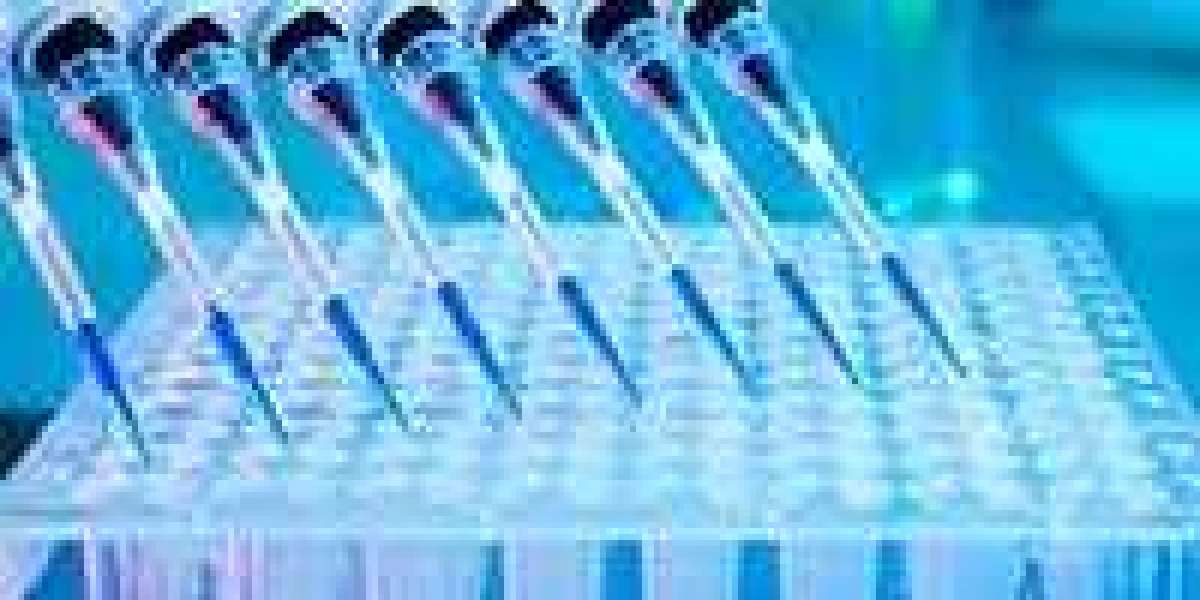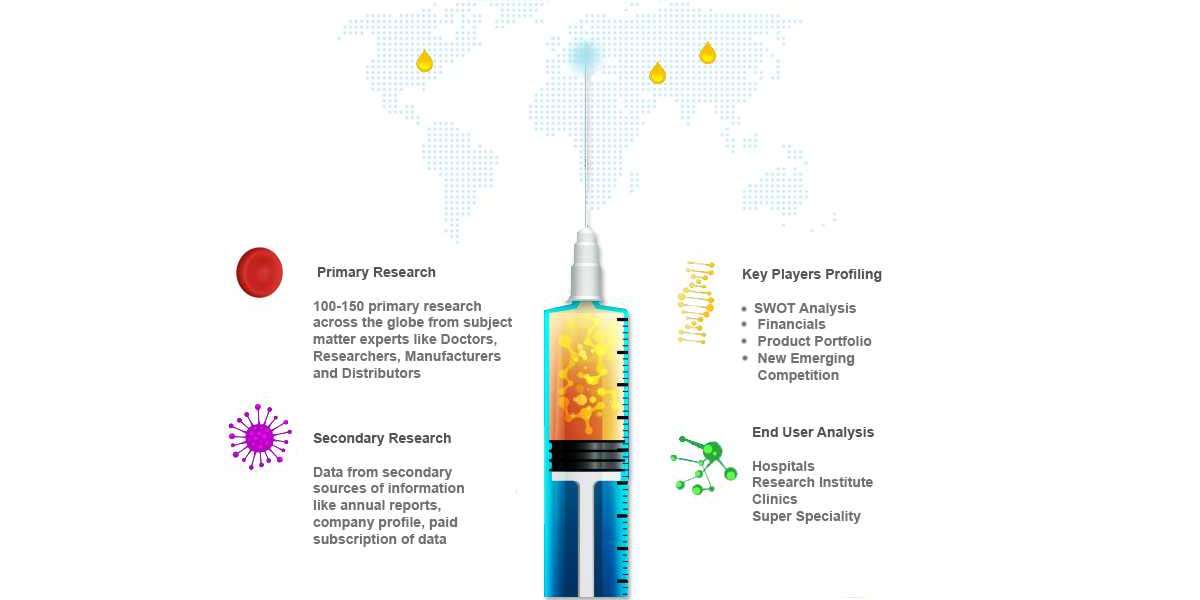The Electrophoresis Process is a powerful analytical technique that has revolutionized various scientific fields, including molecular biology, biochemistry, and forensic science. This sophisticated method employs an electric field to separate molecules within a mixture based on their size and electrical charge. By leveraging the unique properties of different particles, the Electrophoresis Process enables researchers to analyze complex samples with remarkable precision, making it an indispensable tool in modern scientific research and applications.
How Electrophoresis Works
- Sample Preparation: The sample containing the molecules to be separated is placed in a buffer solution.
- Medium Selection: A suitable medium (e.g., gel or paper) is chosen based on the size of the molecules to be separated.
- Application of Electric Field: An electric field is applied across the medium, creating positive and negative electrodes.
- Molecule Migration: Charged molecules move through the medium towards the electrode of opposite charge.
- Separation: Molecules separate based on their size and charge, with smaller molecules moving faster through the medium.
- Visualization: The separated molecules are visualized using various staining techniques or fluorescent labels.
Types of Electrophoresis
- Gel Electrophoresis: Uses a gel medium (e.g., agarose or polyacrylamide) to separate molecules. Common in DNA and protein analysis.
- Capillary Electrophoresis: Utilizes thin capillary tubes for high-resolution separation of small sample volumes.
- Paper Electrophoresis: Employs paper as the medium, mainly used for separating amino acids and small peptides.
Applications
- DNA fragment analysis in genetic research
- Protein separation and characterization
- Forensic DNA profiling
- Diagnosis of genetic disorders
- Quality control in the pharmaceutical industry
Electrophoresis continues to be an essential tool in scientific research and clinical diagnostics, providing valuable insights into the composition and properties of complex biological samples.









